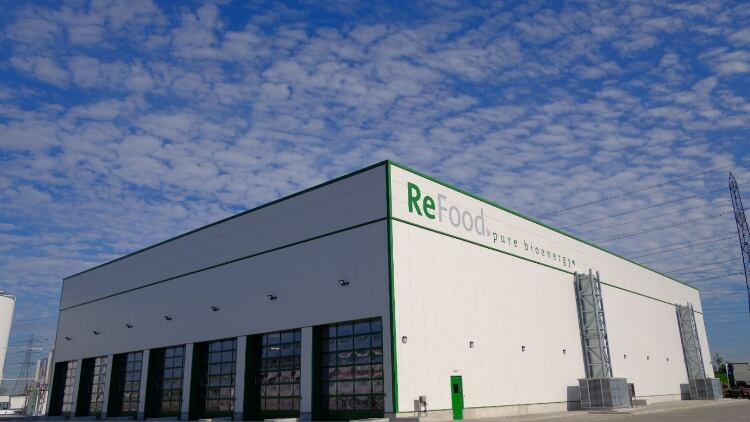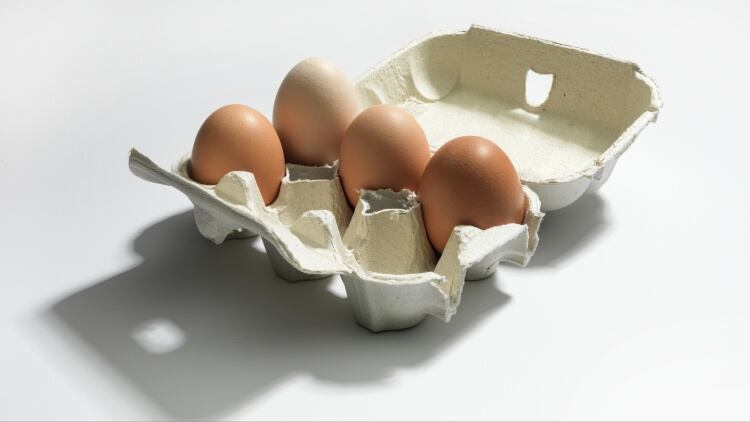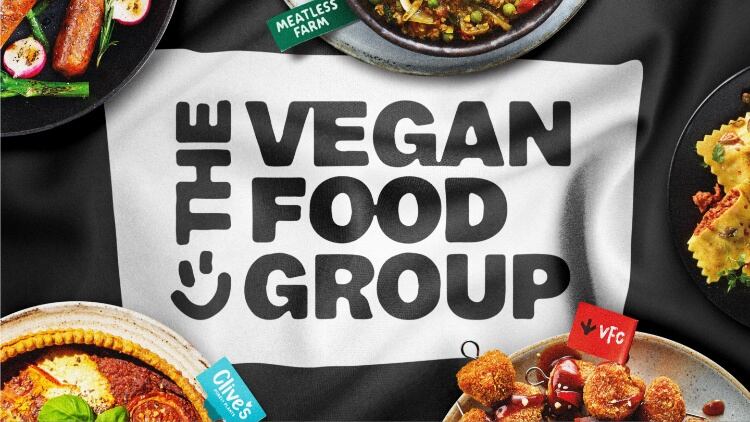According to the Felix Project, more than 10m tonnes of food is wasted every year in the UK – with research from Love Food Hate Waste estimating that 40% of discarded food is perfectly edible. While proactivity from across the supply chain has seen this figure almost halve over the past decade, it’s still an eye-watering 4,761 times the weight of the London Eye.
With disposal via general waste bound by soaring tax charges (set to hit £104 per tonne by April), landfilling food waste is a costly business. However, while the financial impacts are bad enough, the environmental consequences are equally as concerning.
After all, rotting food waste releases greenhouse gas emissions considered 21 times more damaging to the ozone layer than carbon dioxide. If food waste were a country, it would be the world’s third highest polluter after China and the USA. Alarmingly, food waste is now widely considered one of the world’s biggest humanitarian concerns according to the UN Environment Programme.
But with waste an operational hazard for almost every business operating across the food supply chain (from producers and manufacturers to handlers, hospitality venues and retailers), finding a solution is key to tackling both the financial and environmental implications of wasting food. Fortunately, the rise of food waste recycling is providing a light at the end of the tunnel.
Embracing sustainable alternatives
While far from a ‘silver bullet’ solution, food waste recycling is a simple and environmental alternative to more traditional waste management services. Delivered on an industrial scale, it harnesses the anaerobic digestion (AD) process to capture biogas released during natural degradation. This gas can either be combusted to generate renewable electricity or upgraded and injected directly into the gas grid.
As the UK’s leading food waste recycler, we operate three state-of-the-art AD sites in the UK. Collecting and processing 480,000 tonnes of food waste every year, we help businesses nationwide to cut costs, go green and minimise their reliance on landfill.
While electricity and gas generated at our facilities helps to further reduce national reliance on fossil fuels, we also produce a sustainable biofertiliser – ReGrow – which is used by local farmers as an alternative to chemical fertilisers. With recycled food used to grow tomorrow’s crops, we essentially close the food supply loop – a simple and circular solution.
The perfect priority for 2024
Despite the clear benefits associated with diverting waste away from landfill, national uptake of food waste recycling services is still far lower than we would expect. Historically, some businesses have been put off by the perception of complex processes and smelly bins. These concerns are, however, far from the truth.
Indeed, food waste recycling can be quickly and easily integrated into existing waste management practices. Most services now collect all types of food, including preparation waste, scraps and even packaged products, making disposal a straightforward process.
As part of our unique approach at ReFood, we also offer a ‘bin swap’ service as standard, which sees full bins collected and switched for empty, sanitised replacements. This means that bins can be used directly in kitchen areas, which helps staff to separate at source.
Most importantly, with no costly landfill tax to pay, businesses can expect to save c.50% on waste management costs. What’s more, the whole process is quick and simple to integrate.
So, when it comes to determining your firm’s priorities for the new year, switching to food waste recycling should be one of them. After all, offering the opportunity to reduce your carbon footprint, simplify your waste management processes, improve your ESG credentials and cut costs to boot, it makes complete environmental and financial sense.
In other news, machinery and equipment manufacturer Apple Food Systems has entered administration.




